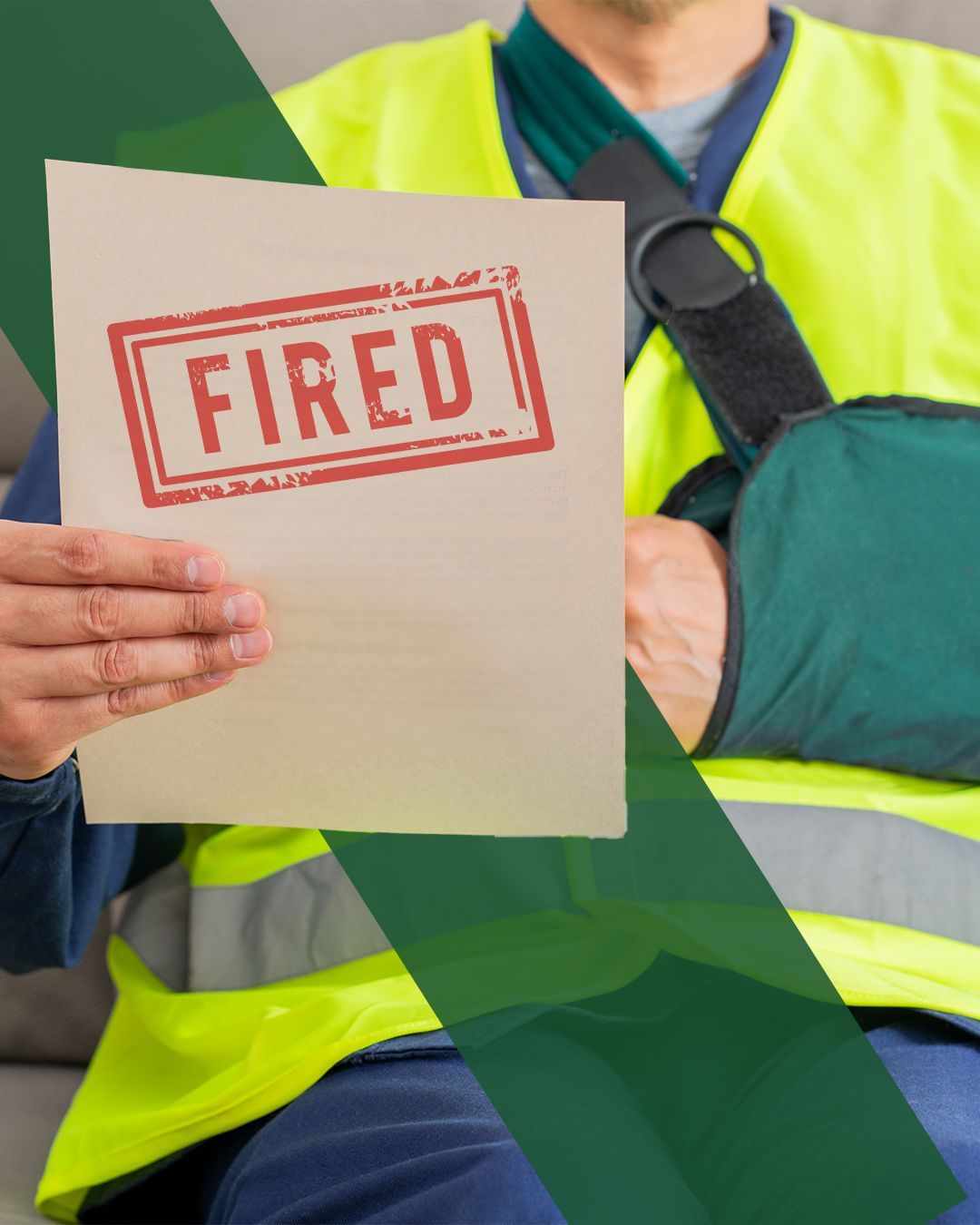The Different Types of Product Liability Cases
Product liability cases usually fall into one of three categories: negligence, strict liability, or breach of warranty. The differences between these areas are essential before considering a product liability claim.
Negligence
Negligence cases are prevalent in product liability claims, occurring when a manufacturer or distributor fails to take proper care in the design or manufacture of their product and someone is injured in the process. To successfully prove such a case, you must demonstrate through evidence that the company responsible for the injury did not meet an accepted standard of care when designing or manufacturing the product.
By looking into reports and studies, employee statements, and other resources, it is possible to build a strong argument that negligence created a faulty product. Evidence must be obtained to demonstrate clear wrongdoing on behalf of those responsible for developing and selling it on a large scale.
Strict Liability
Strict liability cases provide legal protection for consumers against defective products that cause injury. This means that companies are held responsible for any injuries concerning their products, irrespective of whether they have been careless in the design or manufacturing processes. To provide a successful claim, you must be able to show that the product was defective and that this defect caused your injury. Though many of these claims are resolved through negotiation, some may require taking the case to court to ensure justice is served.
Breach of Warranty
Breach of warranty cases are motivated by the idea that a company made certain promises related to its product that it did not keep, and as a result, someone was injured. When pursuing this type of case, you must show that the company made specific promises related to the product and that these promises were not kept as described.
Additionally, you will need to prove somehow that you were injured as a direct result of this breach of warranty. These cases can be challenging due to the level of detail required to hold up in court; however, when successful, this type of claim ensures accountability for negligence by the manufacturer or seller.
Let Our Experienced Personal Injury Attorneys Help You File a Claim
If you were hurt or injured by a defective product, you might be entitled to compensation through a product liability claim. The experienced personal injury attorneys at Slusser Law Firm can help decide the best action when filing such claims.
In all types of product liability cases, it's important to have a knowledgeable lawyer evaluate potential damages caused by a defective product, organize evidence for the case, represent their clients in court, and more. Let Slusser Law Firm do this for you — contact us online or by phone to get started. (570) 405-9953




